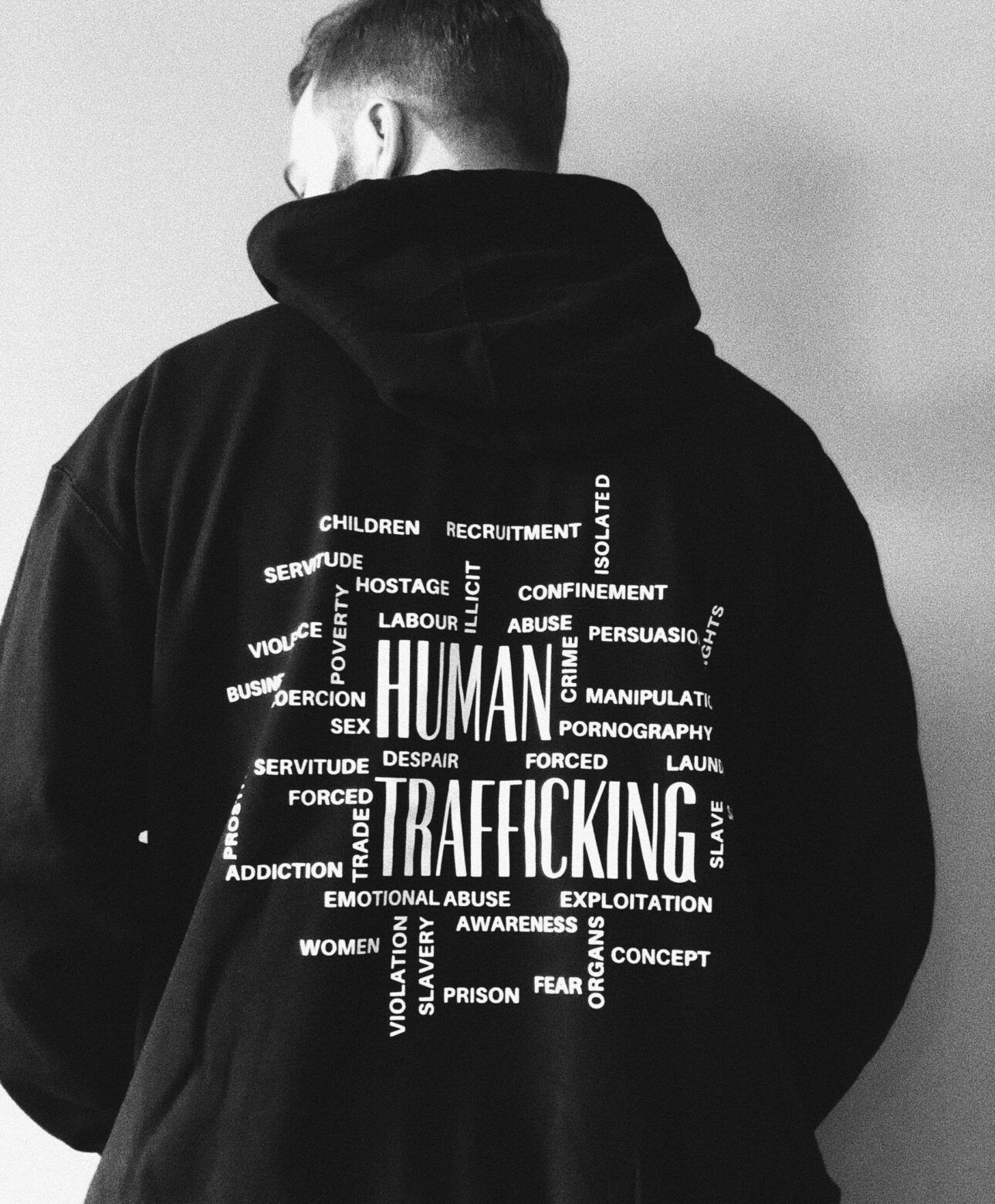A Call to Community Action
Across the United States, the bright lights and glittering stages of celebrity culture cast long shadows. What looks from the outside like glamour, opportunity and success can also create hidden marketplaces where vulnerable people — particularly children and young people experiencing homelessness or instability — are bought, sold and exploited. As a nonprofit dedicated to prevention, survivor support and systemic reform, we believe it is our duty to name the deep connections between concentrated wealth, private access and human trafficking, and to organize communities to dismantle the structures that enable this violence.
The scope of the problem is urgent and unacceptable. Federal data show that referrals for human trafficking increased from roughly 1,500 cases in 2012 to nearly 1,900 in 2022, while service providers and national hotlines continue to receive thousands of calls each year reporting sex and labor trafficking. Disturbingly, minors represent a large share of identified sex‑trafficking victims in the United States. These numbers are not abstract; they chart the lives of children and adults forced into exploitative situations, often in plain sight of industries and institutions that profit from access and exposure.
How does celebrity culture enable trafficking?
- Concentrated demand and private markets: Celebrity events, exclusive gatherings, private parties and VIP services concentrate wealth and create opportunities for anonymous, high‑value transactions. When people with wealth and social influence seek discretion, traffickers meet that demand by supplying victims into private, hidden markets where exploitation is easier to arrange and conceal.
- Protection through privilege and influence: Wealth and status can and do insulate abusers. Legal teams, nondisclosure agreements, private investigators, and the informal influence of social networks can intimidate survivors, deter reporting, and obstruct investigations. In environments where officials or institutions are susceptible to bribery or improper influence, accountability weakens and exploitation continues.
- Industry entanglement and logistical enabling: Trafficking is sustained by a web of industries — hospitality, private transport, talent management, security, and digital platforms among them. These sectors can be directly co‑opted by exploiters or may unwittingly facilitate abuse through lax oversight, fragmented regulations across jurisdictions, and incentives that prioritize revenue over safety. The promise of fame, work, or access to powerful people is a common tactic used to recruit and control victims.
What survivors and research tell us
Survivors consistently report recruitment methods that leverage the allure of glamour, professional opportunity, and protection. Analyses of hotline data and survivor interviews describe business models that depend on mobility, private transactions and digital facilitation. Even as prosecutions and referrals have risen, persistent high volumes of hotline contacts and survivor reports demonstrate that enforcement — while essential — is insufficient to uproot the systemic drivers of demand and the institutional protections abusers enjoy.
Our nonprofit’s priorities for systemic change
We must respond with a broad, coordinated approach that centers survivors, disrupts the financial and institutional incentives for exploitation, and increases community-level prevention and support. Our core policy and program priorities include:
- Financial transparency and anti‑money‑laundering measures targeted at channels commonly used to enable trafficking, particularly high‑value private services and opaque transaction mechanisms.
- Mandatory due diligence for industries that create or gatekeep access to celebrities and high‑value clientele — including talent agencies, event organizers, hospitality providers, and private transport services — with enforceable penalties for failures to detect or act on exploitation.
- Strong whistleblower protections and independent oversight bodies to receive and investigate allegations, especially within sectors that arrange private, high‑value exchanges.
- Legal reforms to limit abusive nondisclosure agreements and to ensure survivors and journalists can report wrongdoing without fear of gag orders or retaliation.
- Expanded, proactive outreach and services for runaway and homeless youth — the populations most frequently identified in domestic sex‑trafficking cases — including safe housing, mental‑health care, legal aid, and pathways to education and stable employment.
- Community education campaigns to reduce the glamorization of private access and to encourage public scrutiny of who benefits from exclusive events and networks.
How you can join the cause
We cannot end trafficking alone. This movement requires civic engagement, survivor leadership, and persistent pressure on institutions that enable exploitation. Here are concrete ways to participate:
1) Educate: Share fact‑based information about how demand and privilege create markets for exploitation.
2) Advocate: Contact local and federal representatives to support legislation that strengthens financial oversight, protects whistleblowers, prohibits harmful nondisclosure agreements, and funds youth services.
3) Support survivors: Donate to or volunteer with organizations that provide trauma‑informed services, housing, legal advocacy and economic opportunities for survivors.
4) Push institutions: Urge talent agencies, event organizers and hospitality companies to adopt transparent policies, mandatory reporting, and independent audits of safeguarding practices.
5) Join coalitions: Collaborate with local nonprofits, faith communities, and civic groups to build coordinated outreach programs for at‑risk youth and to monitor local events and venues for safety compliance.
A moral and practical imperative
Combating trafficking linked to celebrity culture requires us to pierce the veil of glamour and to hold accountable the structures that convert fame into protection for abusers. It is about justice for survivors, prevention for at‑risk young people, and reform of the industries that too often prioritize profit and reputation over human safety.
Our group is committed to survivor‑centered advocacy, rigorous research, and community partnership to dismantle the systems that enable exploitation.
Join us in demanding transparency, enforcing accountability, and creating real pathways to healing and stability for those harmed. Together, we can shrink the markets that commodify people and rebuild communities where every person — especially our children and young people — is safe, valued and free from exploitation.
Sources: U.S. Bureau of Justice trafficking referral data (2012–2022); national hotline and nonprofit reports on trafficking and child exploitation; survivor surveys and typology studies documenting trafficking business models.
